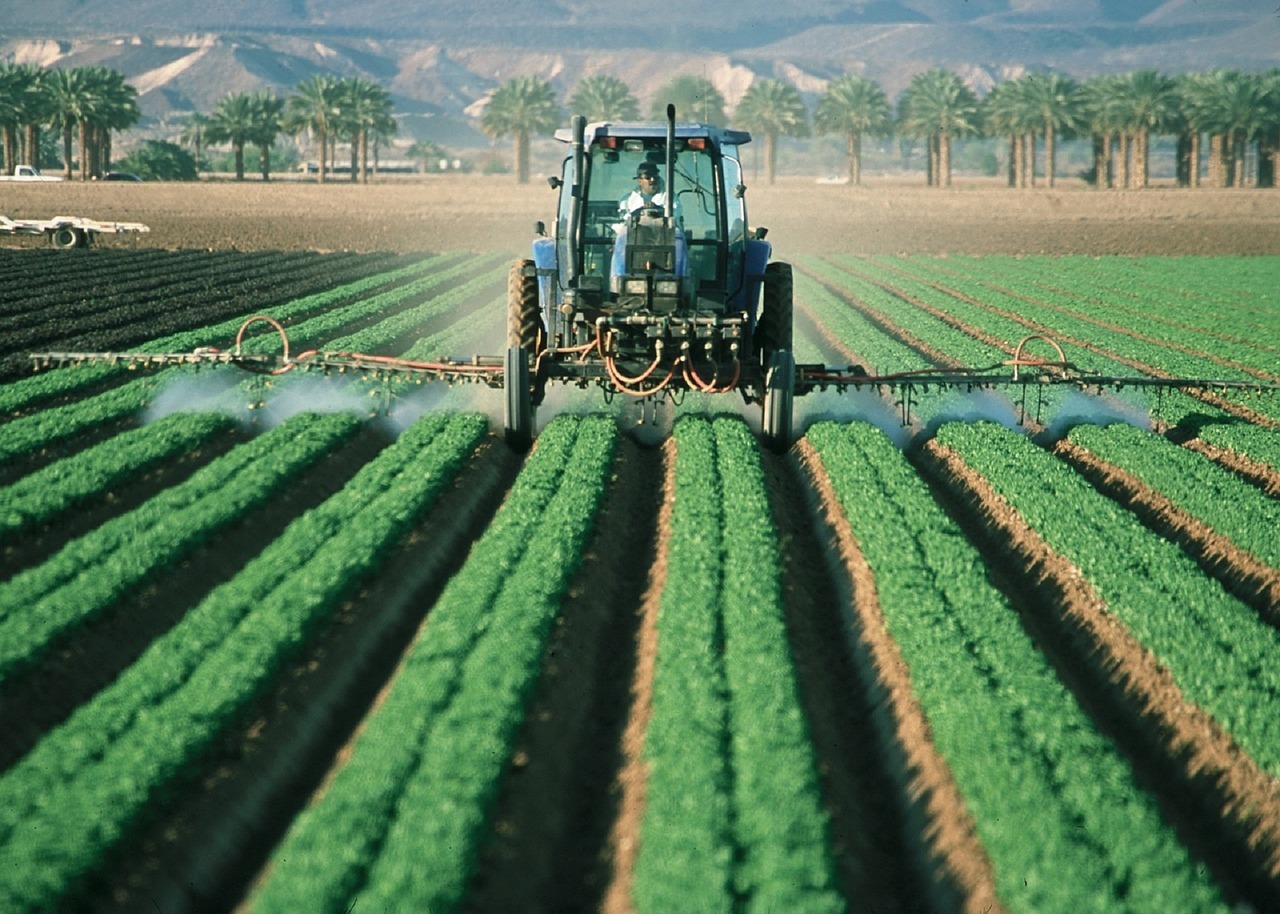
A new meta-analysis conducted by the Task Force on Systemic Pesticides found that ‘systemic’ pesticides, a group of pesticides that are absorbed by all parts of a plant, pose a global threat to biodiversity and ecosystem services.
Systemic pesticides, such as neonictonoids and neonics, are absorbed by the roots, leaves, flowers, fruit, nectar and pollen of plants, and are now being linked to the mass decline of bees, butterflies, birds, fish, aquatic invertebrates, soil microbes, earthworms and other insects. The knock-on effect of this could be devastating. After all, pollinators (such as bees and butterflies), earthworms and soil microbes are essential to food production. There could also be potential health risks associated with long-term exposure to these pesticides sprayed on fruits and vegetables. We know that other pesticides build up in your colon and slowly poison the body, which is associated with a host of health problems.
However, whilst global health is potentially being jeopardised by systemic pesticides, so is the global food supply. One of the lead authors of this meta-analysis said:
The evidence is very clear. We are witnessing a threat to the productivity of our natural and farmed environment equivalent to that posed by organophosphates or DDT. Far from protecting food production the use of neonics is threatening the very infrastructure which enables it, imperilling pollinators, habitat engineers and natural pest controllers at the heart of a functioning ecosystem.
Bees and other pollinators fertilise around three-quarters of the world’s crops, whilst soil organisms sustain healthy soils which crops depend on in order to grow. Neonics, which are exposed to bees through dust, pollen and nectar, are toxic to bees and harm their ability to navigate and learn, they damage their immune systems and they cut colony growth. Worms, which we know provide a vital role in aerating the soil, are losing their ability to tunnel because of exposure to these chemicals.
David Goulson, professor of biology at the University of Sussex, and another author of the analysis, said:
If you use them [systemic pesticides] every year they accumulate, they get into the soil water and hence into streams. So essentially we are contaminating the global environment with highly toxic, highly persistent chemicals.
These findings are similar to those made by Rachel Carson in her 1962 environmental classic, Silent Spring. In this book, Carson noted how the decimation of bird and insect species was linked to the use of the DDT pesticide. This led to a nationwide ban on DDT for agricultural purposes.
The loss of insects may also be linked to the decline of bird species which feed on them. Eating just a few insecticide-treated seeds can also kill these birds directly. Again, this raises worries about the long-term health effects on humans, who are consuming insecticide-treated foods every day. The comedian Simon Amstell pointed out this insane fact of modern life his stand-up show Numb. He asks us to imagine us in the future, remembering the past:
Do you remember when food became so processed and unnatural that certain foods became labelled organic – like it was a kooky luxury to not consume poison?
Modern ecology has taught us that the drastic decline of a species can have a domino effect on the rest of the ecosystem. Water, soil, plants, insects, birds, fish and humans are woven into an interconnected and interdependent web of life, so the damage or loss of any one part can result in the damage or loss of another part. The effect of systemic pesticides on biodiversity and ecosystems could, therefore, pose a very serious threat to global food production.
What is also striking, say the scientists, is that there is a lack of evidence that these pesticides actually increase crop yield. So we could be poisoning natural habitats for no benefit whatsoever. The only benefit is the money that can be made from their use, with sales of $2.63bn in 2011. However, we should contrast these gains to agribusiness to the staggering environmental losses linked to the use of systemic pesticides. By risking global food production, $2.63bn becomes irrelevant.
The authors of this new assessment suggest we should further tighten regulations on the use of systemic pesticides, with the aim of a global phase-out, or at least a significant reduction in their use. It seems we have not learnt the important lessons conveyed by Carson. As Goulson put it, “It is just history repeating itself”. However, given the supposed ineffectiveness of systemic pesticides in increasing crop yield, and due to the major risks linked to their use, it may be sensible to ban them like DDT.